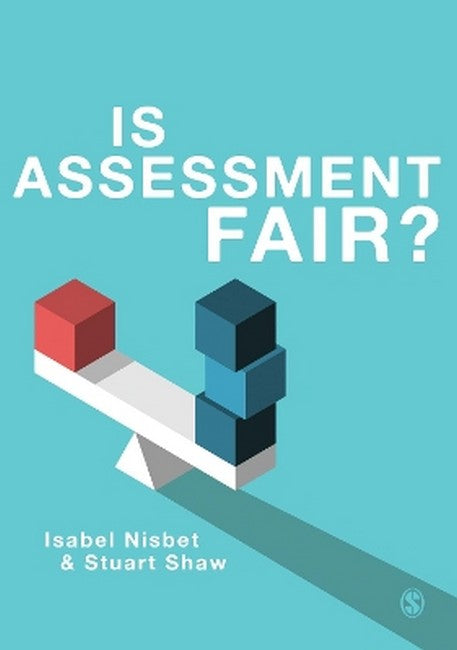Isabel's academic training was in philosophy, with tutors including R.S. Downie and R.M. Hare. Her professional career has been in branches of government and regulation in the UK. She held senior posts in organisations regulating the medical profession and postgraduate medical education, followed by a leading role in the regulation of educational assessments and qualifications. She was the founding CEO of Ofqual, the statutory regulator of qualifications in England. From 2011-2014 she worked for Cambridge Assessment in South East Asia, based in Singapore. Isabel serves on the Board of Qualifications Wales and is a governor of two universities in England. She has also been appointed to two committees advising Government on ethical issues. She is an Affiliated Lecturer at the Faculty of Education, University of Cambridge. Stuart D. Shaw is particularly interested in demonstrating how educational, vocational and second language English assessments meet the demands of validity, reliability and fairness. Stuart has a wide range of pub-lications in English second-language assessment and educational research journals. His assessment books include: Examining Writing: Research and practice in assessing second language writing (Shaw and Weir, 2007); The IELTS Writing Assessment Revision Project: Towards a revised rating scale (Shaw and Falvey, 2008); Validity in Educational and Psychological Assessment (Newton and Shaw, 2014); and Language Rich: Insights from multilingual schools (Shaw, Imam and Hughes, 2015). Stuart is a Fellow of the Association for Educational Assessment in Europe (AEA-E) and a Fellow of the Chartered Institute of Educational Assessors (CIEA).
Request Academic Copy
Please copy the ISBN for submitting review copy form
Description
Chapter 1: Introducing fairness Chapter 2: Fair assessment viewed through the lenses of measurement theory Chapter 3: Fair assessment viewed through the lenses of professional standards, guidelines and procedures Chapter 4: Fair assessment viewed through the lenses of the law Chapter 5: Fair assessment viewed through the lenses of philosophy Chapter 6: Fair assessment viewed through the lenses of social justice Chapter 7: Conclusions, challenges and a template for fairness
This is a wide-ranging - from Aristotle to Big Data - view of fairness in educational assessment, that covers usually neglected areas such as philosophical and juridical underpinnings, while carefully explaining technical aspects in accessible terms. Scholarly and thorough, it never loses sight of the fact that fairness affects real people - teachers, parents, employers, higher education and most importantly students - who sometimes have only one shot at doing well in an increasingly narrow assessment system. -- Dr Tina Isaacs Nisbet and Shaw provide a comprehensive and thoughtful discussion of fairness in assessment, and far beyond assessment, employing multiple lenses (measurement theory, professional standards, law, philosophy, and social justice) to examine fairness from different angles, and their analyses of the concept will certainly enrich discussions of its use in assessment. -- Michael Kane Everyone wants educational assessment to be valid and fair, but what do these terms really mean in practice? Over the last 50 years, a great deal of effort has gone in understanding what we really mean by validity, but what we mean by fairness has received little attention-until now. In this important, timely, and highly readable book, Isabel Nisbet and Stuart Shaw offer us a comprehensive set of perspectives on assessment-theoretical, professional, legal, philosophical and social justice-that enables to see how debates about whether particular assessment practices are fair are often really disguised debates about what fairness means. As issues of fairness assume greater importance in the coming years, the book will be an invaluable guide to thinking clearly about the challenges that all those professionally and personally involved in educational assessment will face in making assessment fairer. -- Dylan Wiliam

